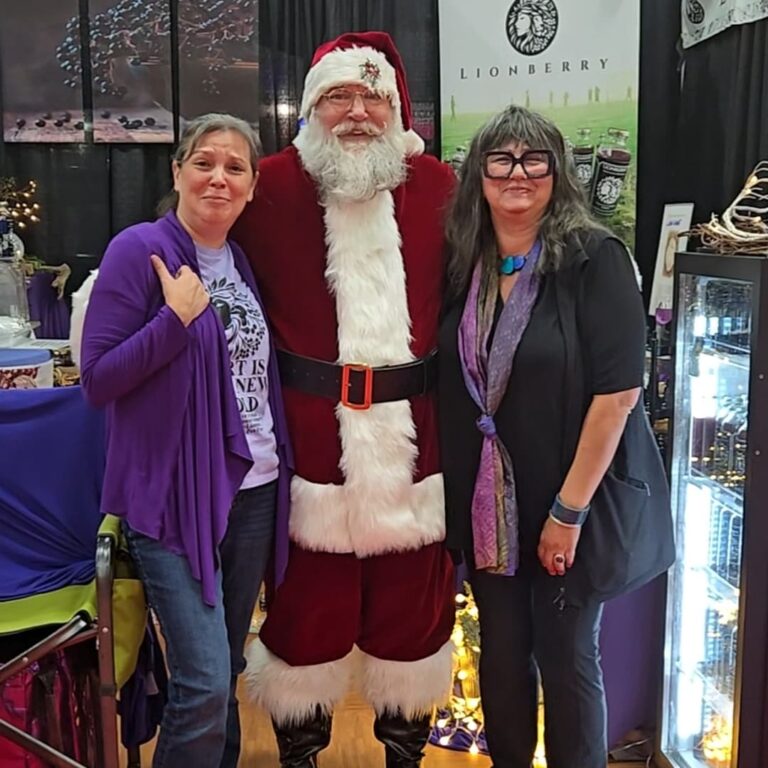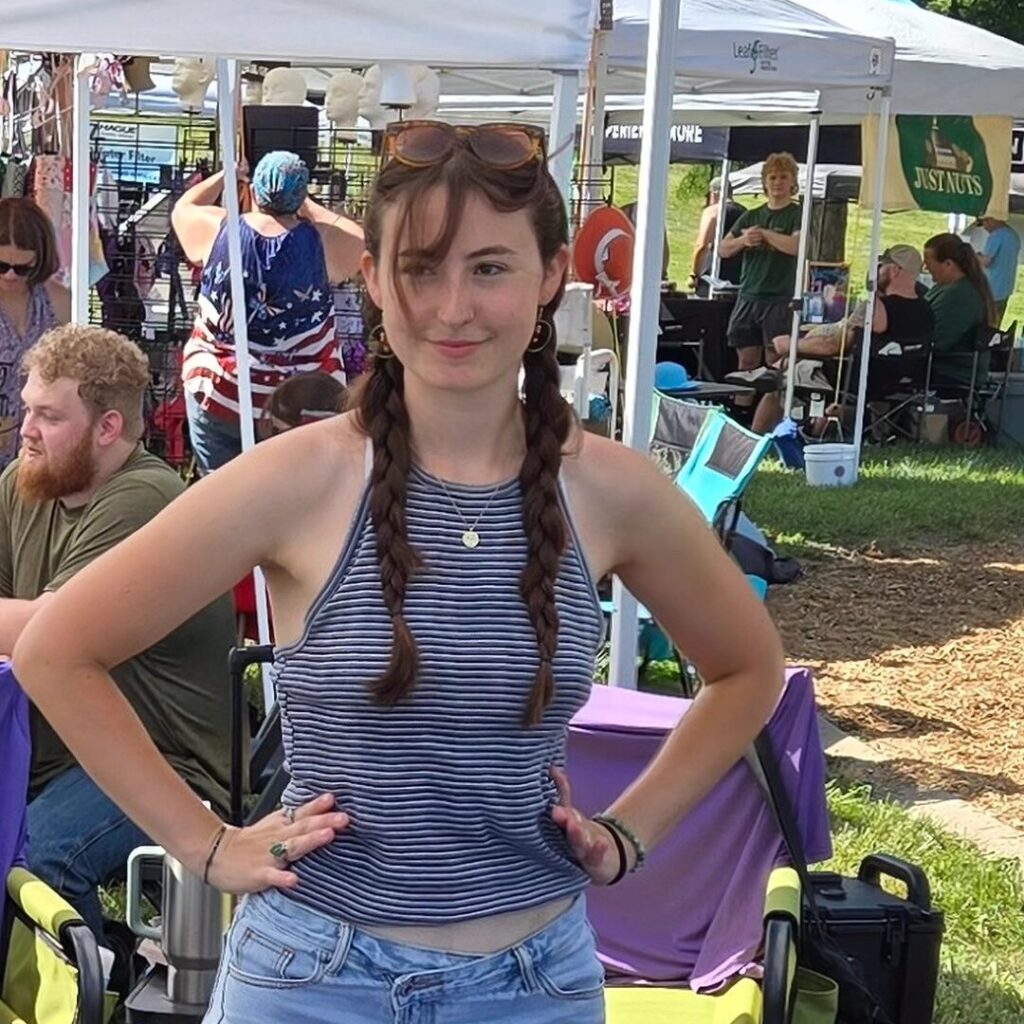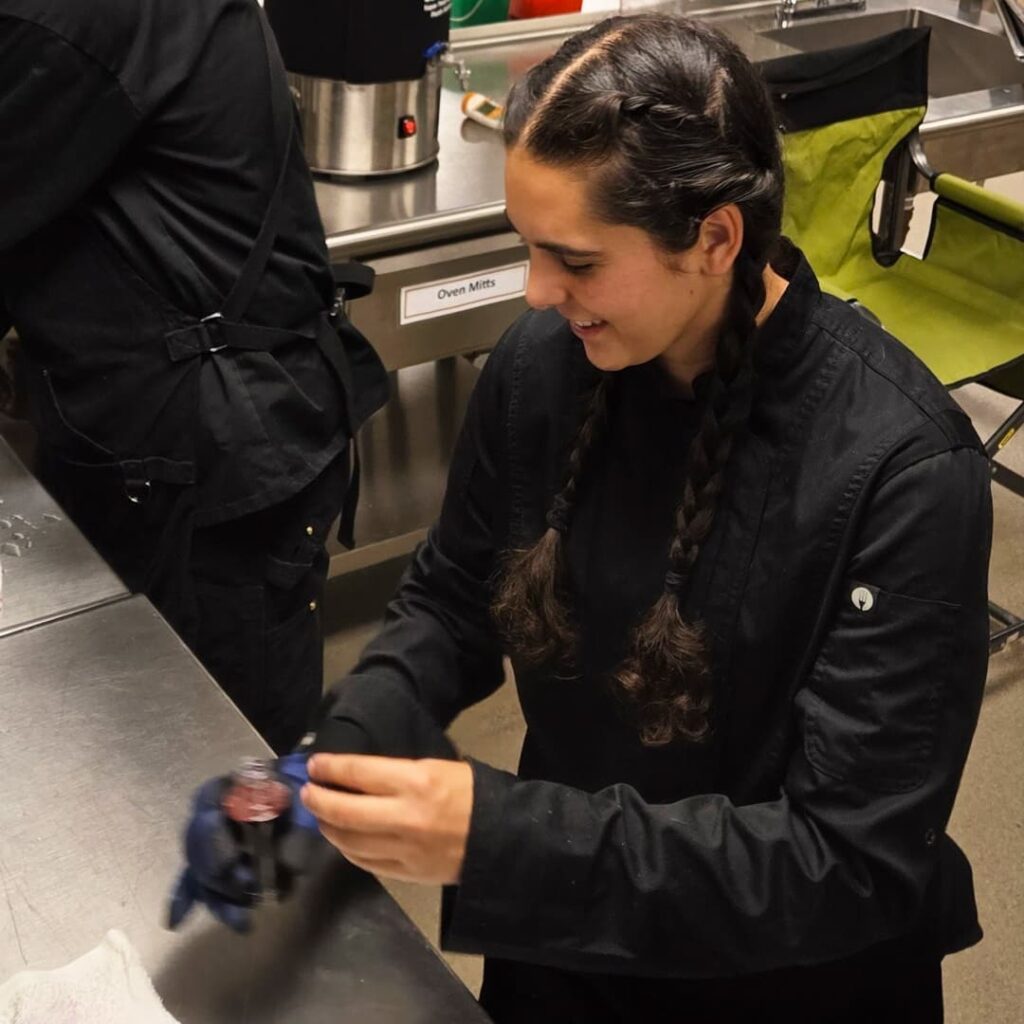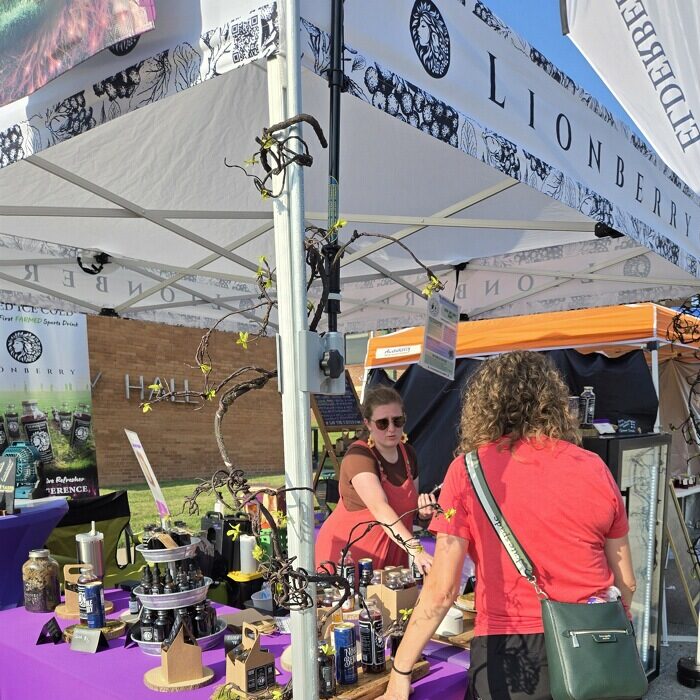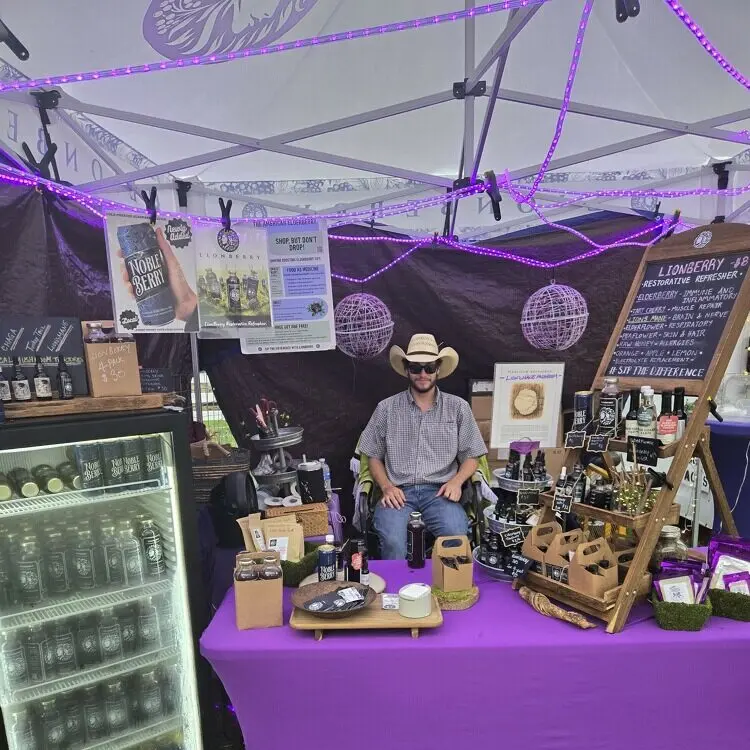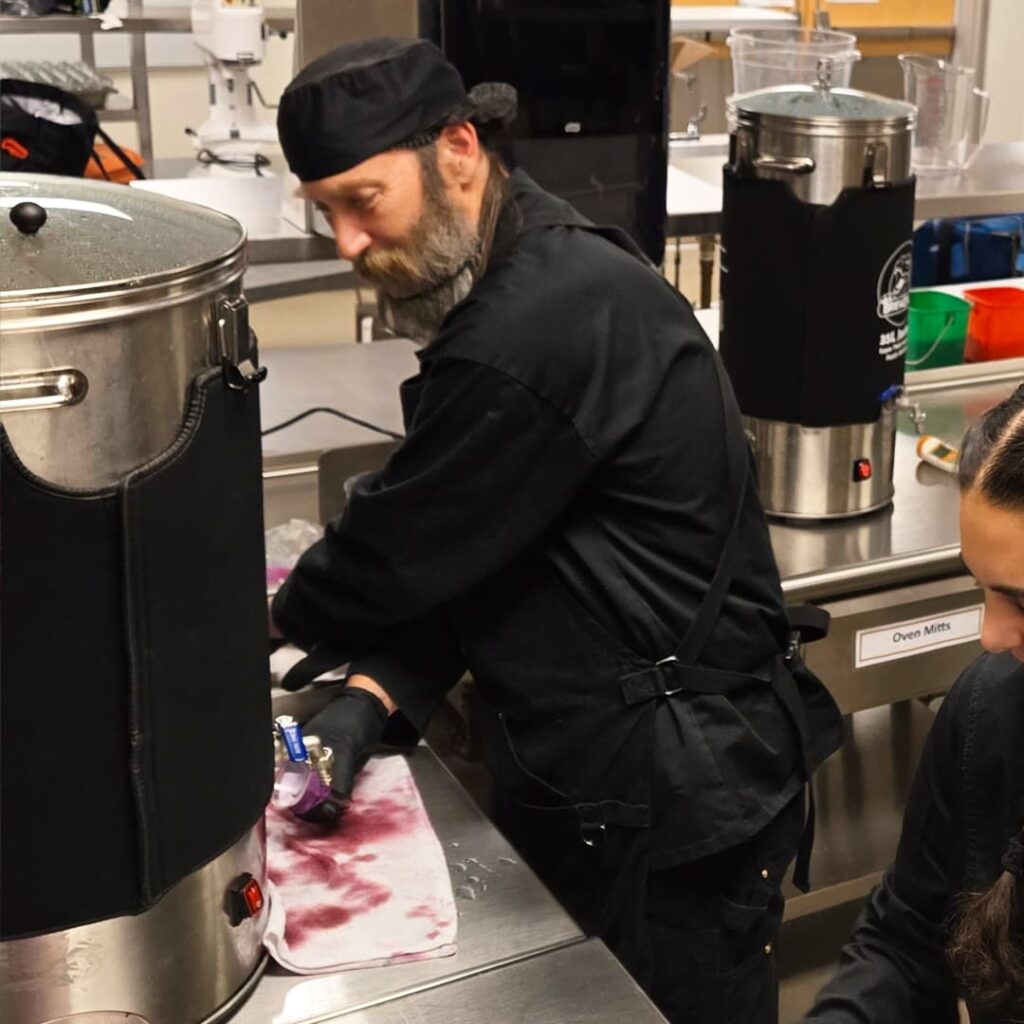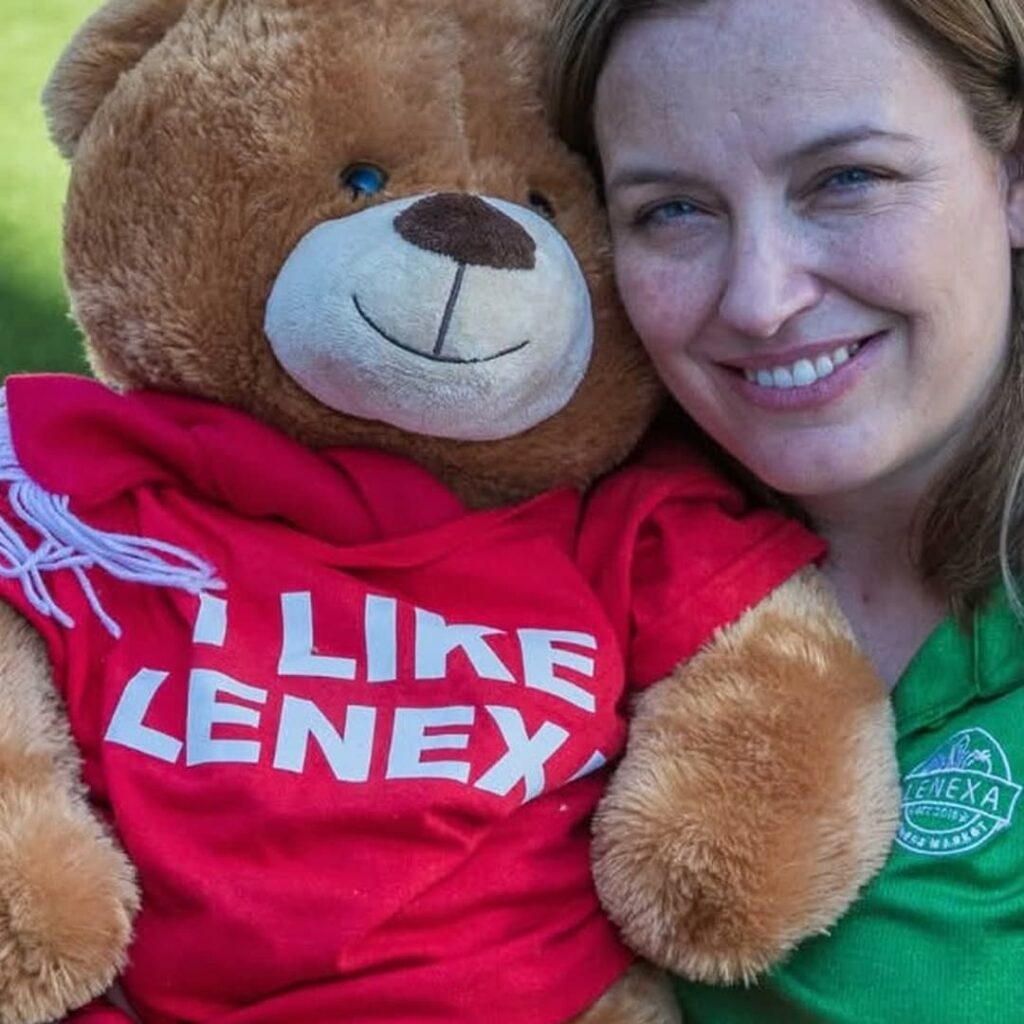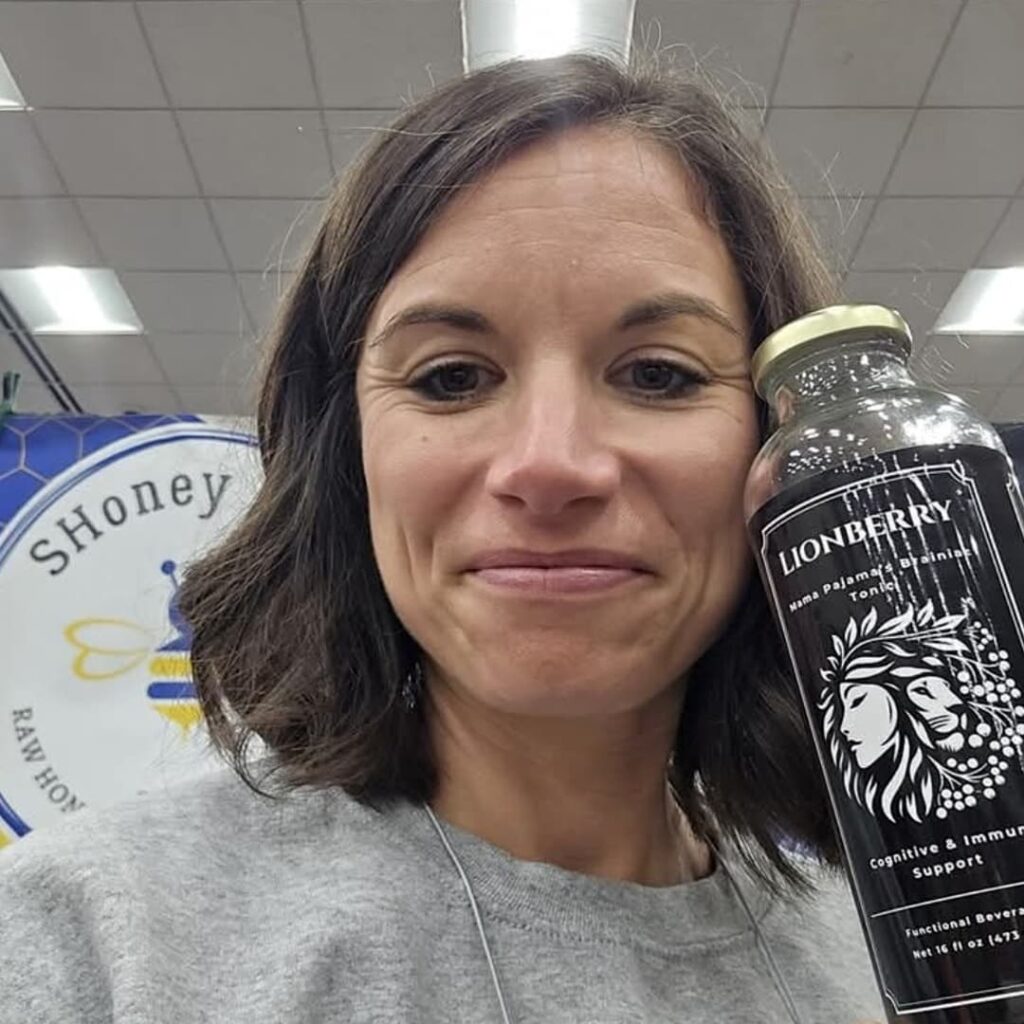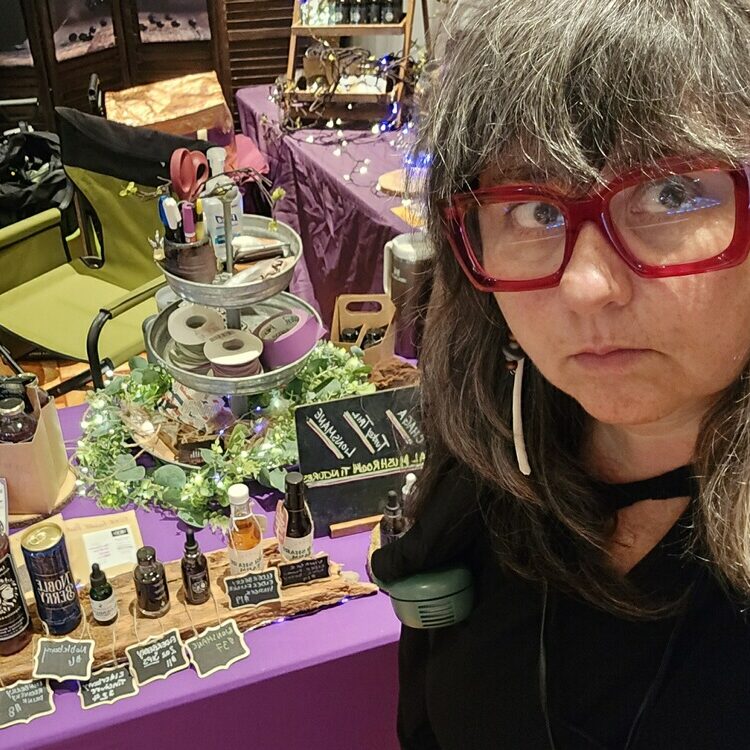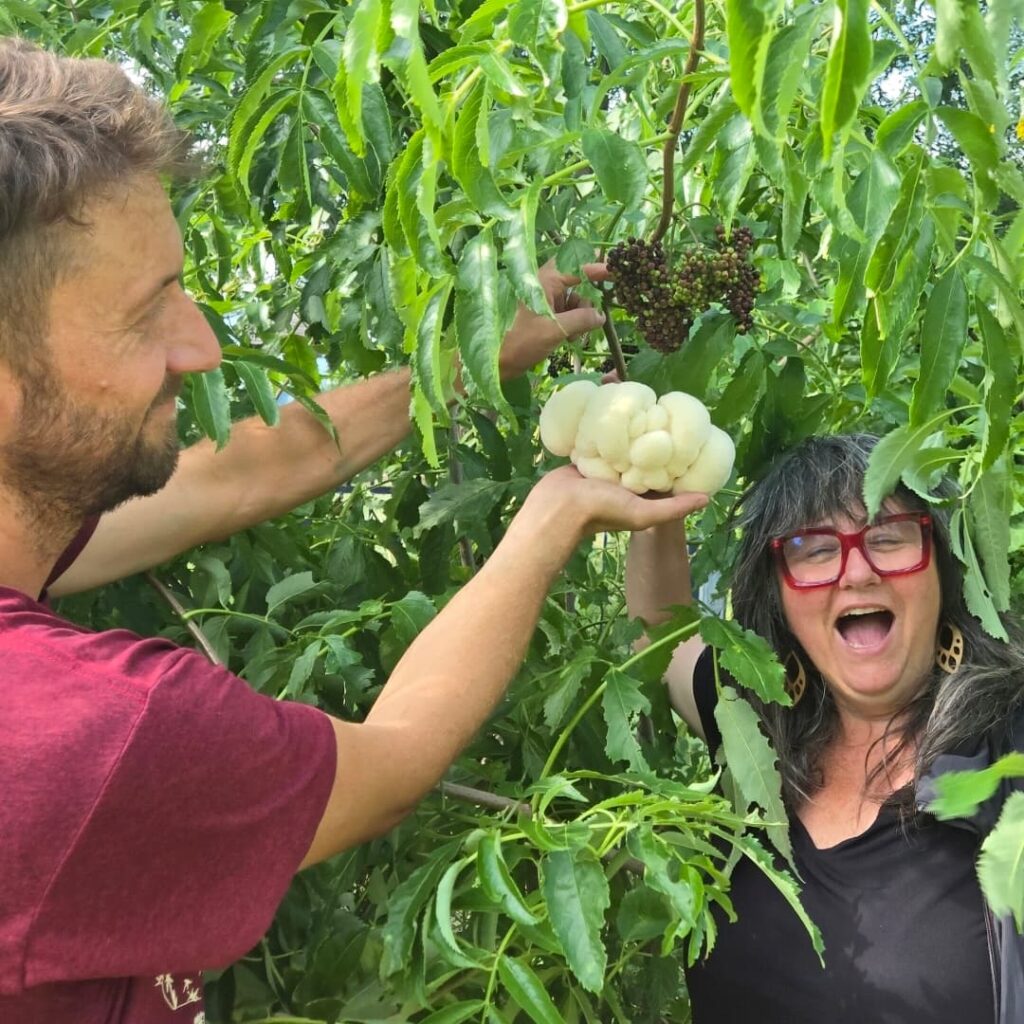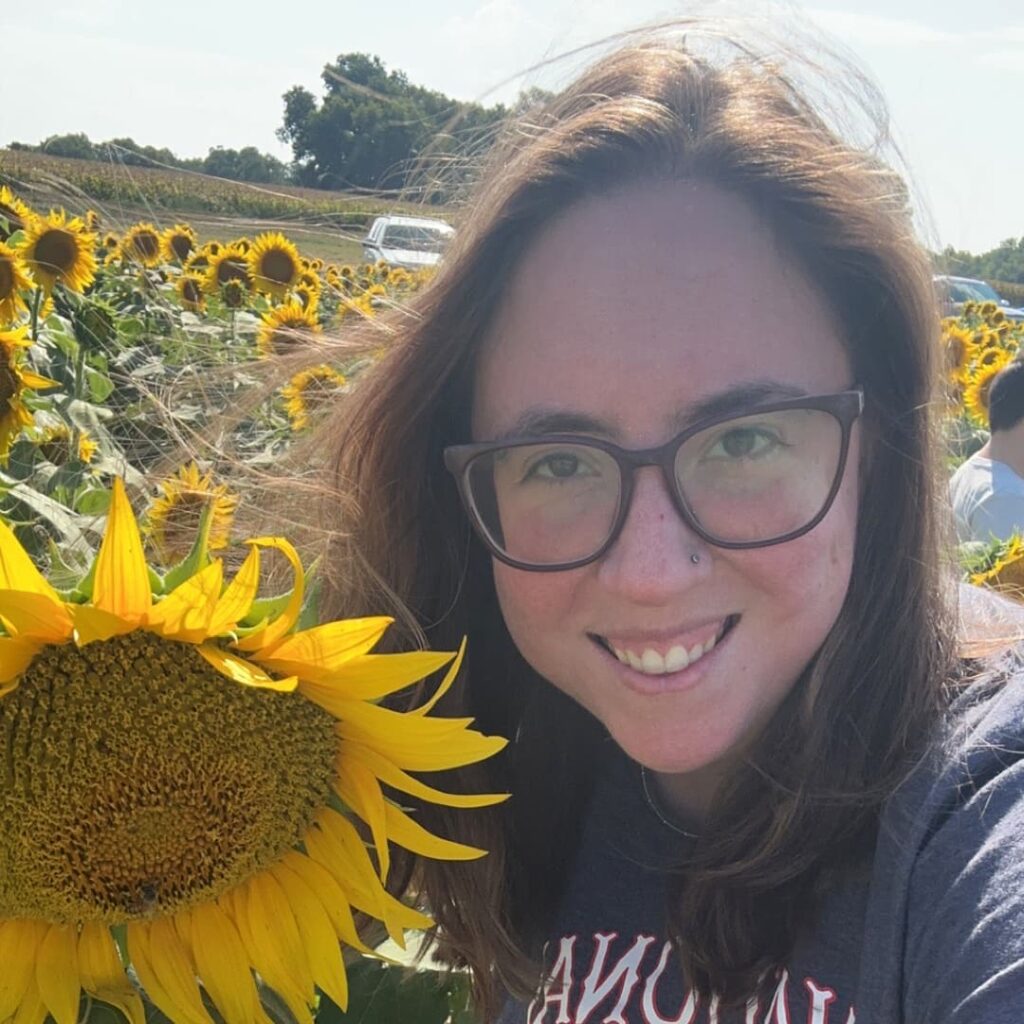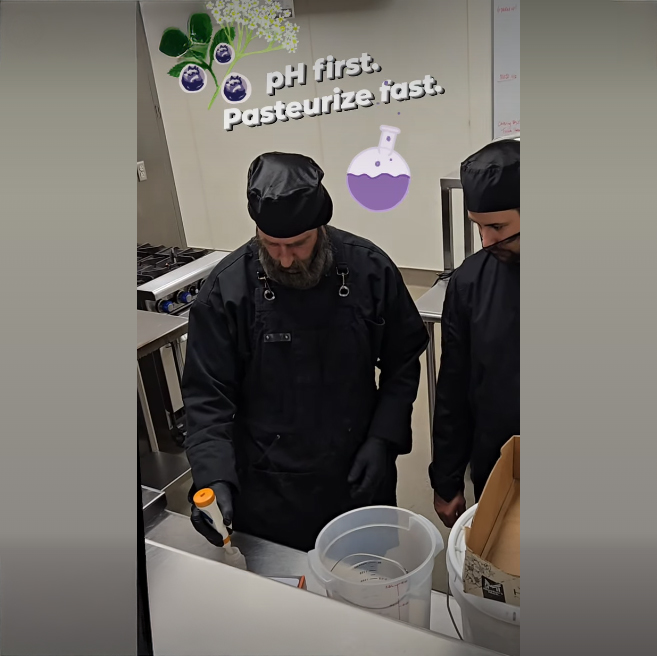Meet the Team
Mychal
Mychal is a Horticulture Student and Assistant Manager. She is passionate about local farms and food networks.
Nessie
Nessie is a Sustainable Agriculture Student looking to find her place in the regenerative farming industry.
Jenny Doty is a food-systems navigator, K-State/JCCC instructor, USDA grant advisor, and a key LionBerry coach and asset.
Eric Myers is our bottling copacker. He just got elected to office in his community. He runs a mushroom farm and teaches other farmers.
Kathleen Gier of KLG Social Media, LLC, is a freelance marketing professional from Overland Park, KS. She is passionate about working with small businesses in the Kansas City area. Kathleen helped to develop our initial website and brand voice, and is now working as a consultant for LionBerry.
Dan and Darren
Website Design, development, Product branding and support.
